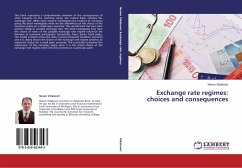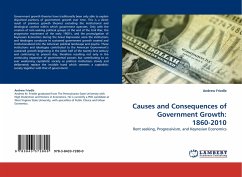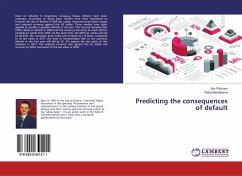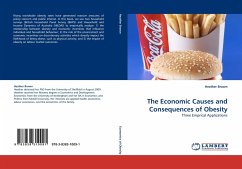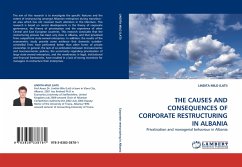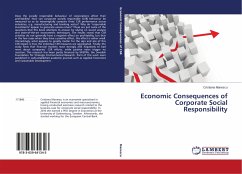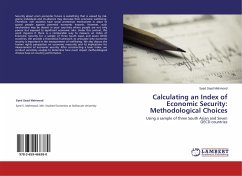This book represents a comprehensive overview of the consequences of what happens to the economy when the central bank chooses the exchange rate. While most research investigates the conduct of monetary policy this book investigates what are the aftereffects of the choice of the monetary policy on a small open economy. The central bank has two main options: stable or variable exchange rate. The book investigates how does the choice of each of the possible exchange rate regime influence the behavior of economic participants: households, firms, banks, fiscal policy. The model is tested versus the data in post-communist transition countries and it is clearly shown the choice of the exchange rate regime presents an important choice for a small open economy. This conclusion broadens the importance of the monetary policy since it is the actual choice of the exchange rate regime which sets the economy on a particular path.
Bitte wählen Sie Ihr Anliegen aus.
Rechnungen
Retourenschein anfordern
Bestellstatus
Storno

